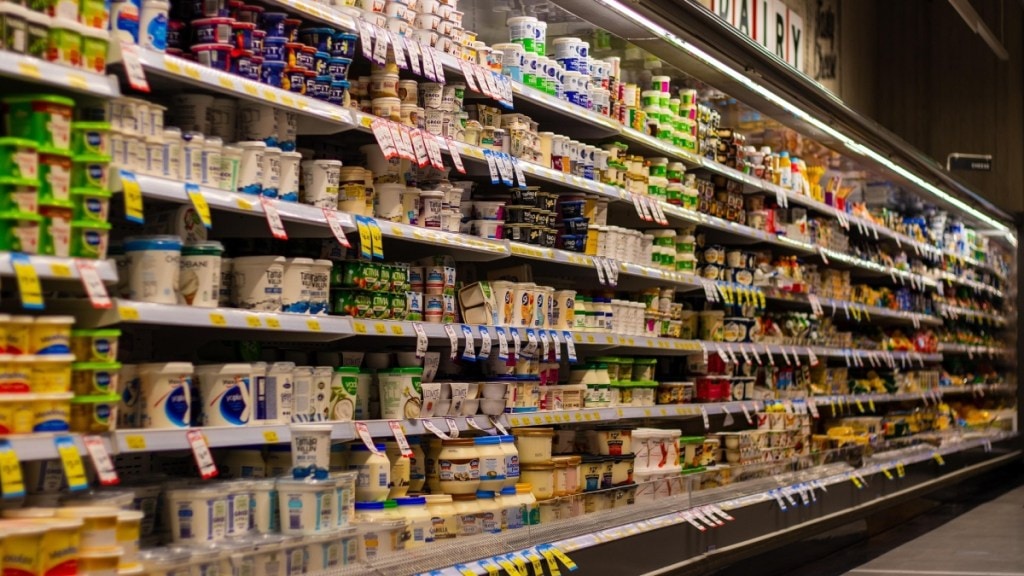The recent GST rate rationalisation, while triggering a virtuous cycle of growth for fast-moving consumer goods (FMCG) companies, has also created fresh headaches in the form of an inverted duty structure (IDS). The issue arises when the tax on inputs is higher than that on output or finished goods, leaving working capital locked and profits under strain.
Most food and beverage products now attract a 5% GST — down from 12% or 18% earlier — but tax on input services such as marketing, advertising, logistics, warehousing and distribution remains at 18%, with no offset available. Top FMCG executives warn that if the anomaly persists, it could dent profitability in the coming months.
Companies such as Dabur estimate a potential hit of Rs 90–100 crore to their P&L accounts if the blockage of working capital continues.
“Inverted duty structures are creating a problem because there is no set-off available after the GST 2.0 reforms kicked in. Before the reforms were initiated, the process of input and output tax was smooth. Firms would get a refund against the input tax credit. That is no longer the case. We have to navigate this problem,” said Sunil D’Souza, MD & CEO, Tata Consumer.
The situation is particularly acute as FMCG firms have set ambitious growth targets for the second half of FY26, buoyed by GST cuts and higher grammage on products. Many plan to push more inventory into stores, ramp up brand-building, and strengthen distribution to lift sales in Q3 and Q4, after a subdued first half hit by unseasonal rains and the GST transition.
“We are renegotiating with vendors on pricing terms,” said Mohit Malhotra, CEO, Dabur India. “If we don’t do this, we may have to increase product prices in the future, which will go against the spirit of the GST 2.0 reforms. I don’t think any of us will like to do this. The FMCG industry is making representations to the government to see how this can be resolved.”
Executives added that companies are also grappling with the loss of fiscal benefits in tax-free zones following the GST 2.0 rollout — an issue that may force them to rework their manufacturing strategies. During its investor call last week, executives at food major Britannia said the company was in talks with state governments where it has set up plants to find a way forward.
In recent years, Britannia has expanded its manufacturing footprint across the Hindi heartland — including Uttar Pradesh and Bihar — as part of its “focus states” strategy. Experts say that with states typically offering fiscal incentives to attract industry, such benefits may now have to be re-evaluated under the new GST regime.
Dabur, for instance, operates a plant in Tezpur, Assam, where fiscal incentives will expire next year. “We are now investing Rs 400 crore over five years in a new plant in Tamil Nadu — our first in South India — as part of our strategy to redraw our manufacturing footprint,” Malhotra said.
He added that the company would continue to explore new regions for setting up manufacturing units and accessing fresh markets.
